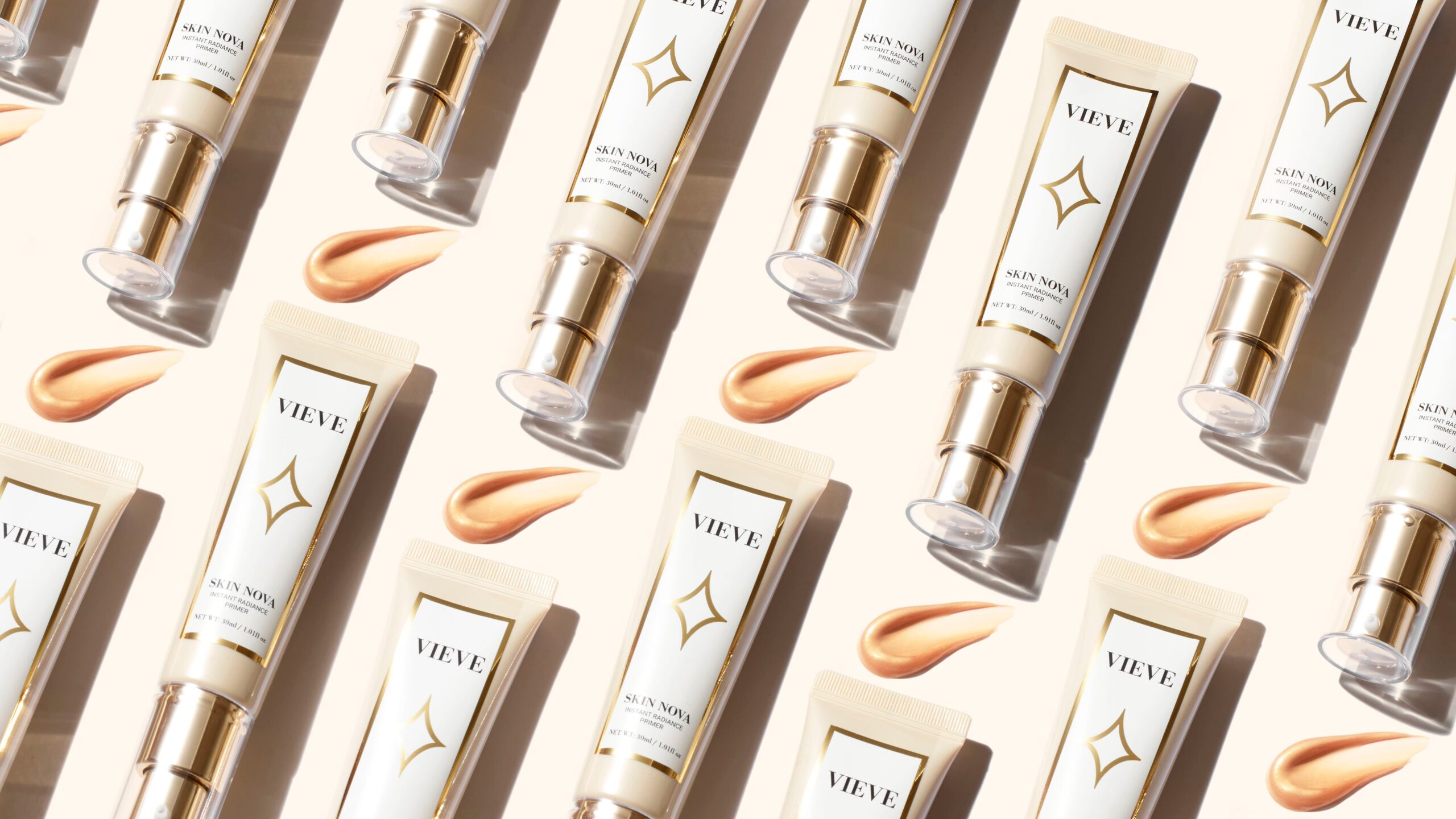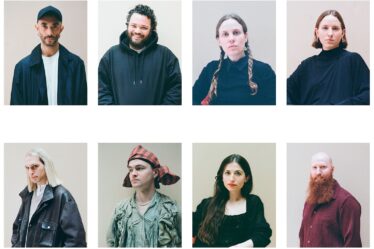
Even with a high profile founder, a slew of influential investors and healthy wholesale distribution, the chief executive of Hair by Sam McKnight still has one pressing focus: customer acquisition.
“[We’re asking] how do we get new people to hear about our brand and buy in,” said Joel Edmondson, chief executive officer of Hair by Sam McKnight. While the answer used to be to just spend for market share, organic social media – or even paid media – long ago ceased to be a lucrative, low-cost growth engine.
Mounting challenges from raising customer acquisition costs, reduced access to capital, inflationary pressures and sector oversaturation are stacking up. Beauty’s overall resilience remains strong against current economic downturns (categories like makeup and fragrance continue to outperform) but executives are aware that there could be even more softened desire, rather than a soft landing, in the year ahead.
To rise to the challenge, founders are looking beyond the small screen of the smartphone to reach new audiences and streamlining their spending. They’re also figuring out how to sate demand for newness and innovation while also balancing that need against a more sustainable, manageable product rollout calendar.
Marketing 101
Consumer spending has “definitely softened”, said Jules Miller, founder and chief executive officer of The Nue Co, which makes supplements for gut health and skin, as well as novel products such as perfumes with mood-boosting benefits. “As a start-up carving out a new category, things are tougher than in the past,” said Miller of the holistic beauty space.
The majority of shoppers likely don’t have much spare change in their pockets, said Edmondson, and as such, “the barrier to trying a new brand is probably higher than it once was.” Hair by Sam McKnight was founded in 2017 by the eponymous celebrity hair stylist, renowned for being the personal hairdresser to Princess Diana of Wales and for his work with Vogue. Edmondson said there’s two main prongs to their new approach: doubling down on education to increase interest and understanding of premium hair care products to the level that the skin care industry enjoys, as well as leaning on retailers and McKnight’s industry connections for marketing exposure. “[We] can’t be too product-first any more,” said Edmondson. “We’re not just selling a can of hairspray. We’re selling that, ‘Oh wow, my hair looks great’ moment.”
Discovery has become steadily more cumbersome and costly since privacy-related changes made to Apple’s iPhone operating system came into effect in 2021, which is estimated to have cost brands billions in lost revenue, with an average 30 percent decline in conversion on Facebook and Instagram.
To get around that, beauty labels are looking for new – or perhaps simply more tried and tested – ways to reach consumers. Emma Dawson, chief executive officer of the UK-based cosmetics line Vieve said the company has recently hired a customer retention marketing specialist for the first time to build out email campaigns. The brand also hosted small, offline community events in US cities including Chicago and Dallas in 2023, and will keep replicating that format for 2024 as part of a wider North American expansion.
At Vieve, Dawson said average order value had dipped slightly, while volume remained high, which she chalked up to being a young brand recruiting new shoppers and extensions in lower-priced franchises.
“We don’t take spending for granted,” said Dawson.
A Retail Rethink
After years of direct-to-consumer dominance, the retailer is king again. Investors favour brands that have some physical retail presence, however limited, and beauty pure players have worked hard to innovate the in-store experience to be more dynamic and engaging. For 2024, executives say they’re looking to expand their retail presence, as well as leverage retailers’ marketing muscle.
Opening new retail space is a top consideration for The Nue Co while Chris Salgardo, founder and chief executive officer of men’s skincare brand Atwater, said increasing investment in the in-store experience is a focus. “Great visual merchandising helps tell the story of the brand better,” he said. He also mentioned increasing and improving in-store sampling, both through testers and deluxe samples, to help break through any remaining hurdles in purchasing.
Atwater is stocked in stores such as Nordstrom, but Salgardo also said television advertising on stations such as the Home Shopping Network has been a boon and the line intends to keep investing there, too.
Brands are walking the tightrope between the higher margins that selling DTC offers, and the exposure and halo effect of being in the right retailers. While the days of spurning retailers merely as a cornerstone of brand identity are long gone, there’s still an ardent, pragmatic desire to be an omnichannel player and have enough oversight and ownership over DTC channels to glean valuable first-party data insights. Rather than seeing retailers as staid and inflexible, brands are now starting work more closely with their marketing teams, understanding the benefits of the in-store appearance, placement in edited sections such as Sephora’s Next Big Thing, or even just featuring in a social media campaign they didn’t have to pay for.
Careful Capital
For those who are considering raising funds in 2024 – Hair by Sam McKnight and Atwater to name a couple – the emphasis is largely on doing so in a controlled, lean way. Hair by Sam McKnight has received investment from Manzanita Capital, in addition to angels including the make-up artist Charlotte Tilbury and Balmain creative director Olivier Rousteing. Edmondson said any extra funding raised this year would go towards expanding international and salon distribution, while The Nue Co’s Miller said her focus is now on profitability and trying to reduce dependence on capital.
That’s partly to avoid the trap of overgrowth, but also to avoid too many cooks. Retaining governance and keeping a tight focus is top of mind for founders who want to avoid biting off more than they can chew. In a more bearish funding environment, founders might feel trapped, but angel investors and smaller stakes from institutional investors are proving a more commonplace path.
Fundraising is also often a prerequisite to get to the next level of growth. Salgardo said he has “a roster of people that have approached” him, and he’ll be choosing which resources to accept based on the brand’s biggest priorities: hiring and merchandising.
Less Is More
“Modest” is the word on every beauty executive’s lips, with founders saying they’re prioritising return on investment over growth. Speaking about the market as a whole, Eva Alexandrides, co-founder of luxury skin care line 111Skin said “the last few years have been about spending for market share at any cost”. There are also calls for a more modest approach to product launches.
Dawson said Vieve had trimmed its new product development calendar for the year to avoid fatigue and keep the focus on top-performing products. 111Skin has been reworking and updating some of its core line of products, some of which originally launched eight years ago.
Alexandrides said the team wanted to bring formulations in line with recent scientific developments, and relaunching existing products made more sense than simply creating new products. “Now, instead of buying three or four products, [consumers] want to buy one product that’s going to give them real results,” she said.
She gave the example of a customer who came to an in-person event recently, having taken a half day off work to do so. “She had a list of questions she wanted to ask my husband [111Skin co-founder and plastic surgeon Yannis Alexandrides],” said Alexandrides. The customer then bought a retinol oil after being reassured it was right for her.
“Now customers are asking, ‘Who is behind the product, and what is this product going to do for me?’” Alexandrides said.



